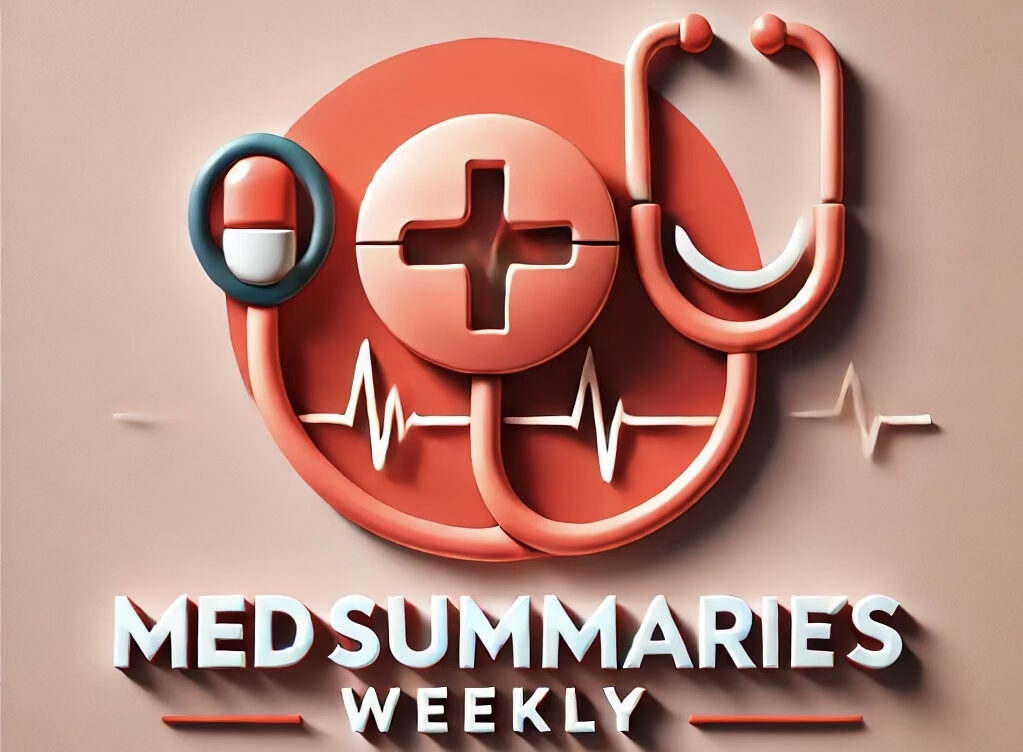The Pragmatism of Hope
- In this episode of “Not Otherwise Specified,” Richard Rosenbaum, a neurologist and the uncle of host Lisa Rosenbaum, tells the story of his own progressive neurologic disease and considers his coping mechanisms and the care he has received.
A Difficulty Diagnosis
The conversation revolves around Richard’s journey with a progressive neurological disease. Richard, a neurologist himself, discusses his diagnostic journey, which was slow and difficult due to physicians not giving him the attention he felt he deserved. He emphasizes the importance of being a partner in one’s own medical care and taking an active role in seeking a diagnosis.
Declining Health
Richard also discusses his fear of having Parkinson’s disease due to family history and risk factors, but ultimately receives a negative DaT scan. He undergoes a second laminectomy surgery in February 2022 but does not see improvement. Eventually, he is diagnosed with primary lateral sclerosis (PLS), a neurodegenerative disease of the upper motor neuron. This diagnosis leads to progressive disability, including difficulty walking, using his left arm, and speaking. He becomes increasingly dependent on help from others and has to make adaptations to his home, such as installing grab bars and a railing on his bed. His urinary frequency is also affected by his neurogenic bladder.
Cognitive Bias?
Despite his illness, Richard takes pride in being a careful listener and partner in his own medical care. He discusses his experience with a neurologist who was reluctant to give him a diagnosis due to cognitive bias concerns. He believes that physicians should introduce the topic of bad news early in the discussion to allow patients to process it. Lisa Rosenbaum asks about Richard’s experience with ALS and his ability to maintain hope and pragmatism. Richard attributes his ability to intellectualize and think about his condition as a defense mechanism. He expresses gratitude for the opportunity to tell his story and finds it therapeutic. Richard’s diagnosis is officially ALS in November of 2022.
Even Doctors Need Doctors
Richard’s condition worsens, and he experiences emotional incontinence. He has been trying to keep his emotions in check during family gatherings and social situations. Richard believes he may have ALS rather than PLS and is anticipating a diagnosis confirmation at his next appointment. He is spending more time in an electric wheelchair and needs more assistance with daily tasks. Richard advises other doctors to not be as reluctant as he was to seek medical care for minor symptoms.
